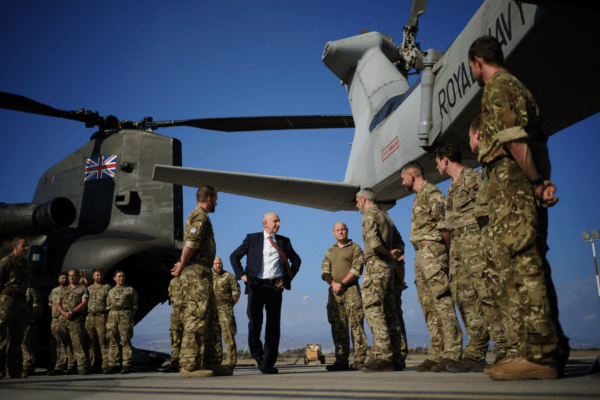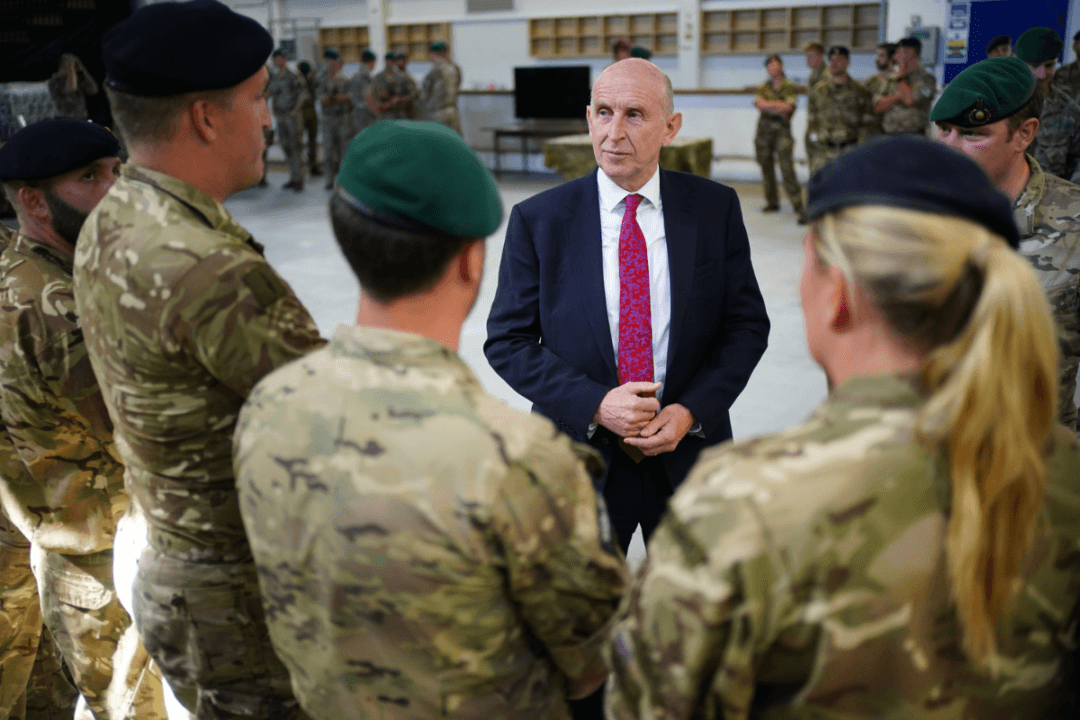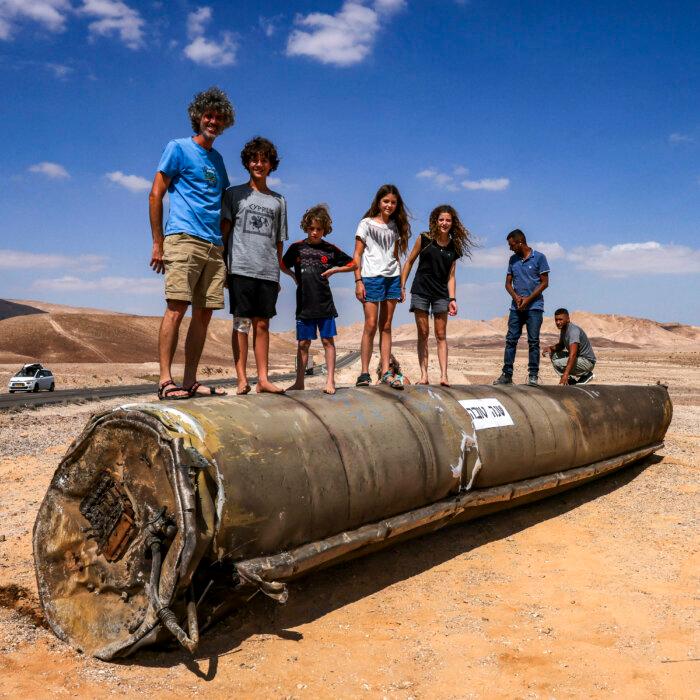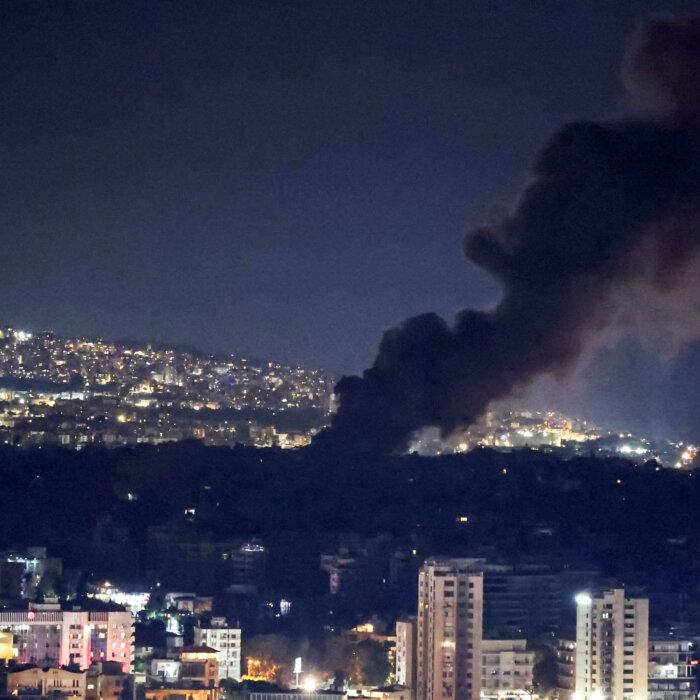Officials continue to arrange for further flights to get British nationals out of Lebanon, after more than 150 Britons left Beirut on the first government-chartered flight.
The government has been urging British nationals and their dependents to leave Lebanon since fighting intensified between the Iran-backed terror group Hezbollah and Israel.
Stepping up efforts to secure the safety of Britons, officials chartered the first flight which departed from Beirut-Rafic Hariri International Airport on Wednesday. The Dan Air flight touched down at Birmingham International Airport at around 8:40 p.m.
The Foreign, Commonwealth, and Development Office (FCDO) announced that a “limited number” of additional flights had been scheduled, including one on Thursday.
Foreign Secretary David Lammy said: “Recent events have demonstrated the volatility of the situation in Lebanon.
“The safety of British nationals in Lebanon continues to be our number one priority. That’s why we are announcing additional chartered flights to help those who want to leave.
“I urge all British nationals still in Lebanon to register with the FCDO and leave the country immediately.”
The FCDO said that government-chartered flights will continue, so long as the security situation allows.
Commercial flights are still operating from Beirut’s airport. Lebanon’s Middle East Airlines is conducting scheduled flights, which also brought Britons back to the UK on Wednesday.
Military-Led Evacuation Plans
Beirut airport remains the most straightforward exit for Britons to get out of Lebanon. Should conflict between Israel and Hezbollah increase and Beirut airport is taken out of commission, that would leave the only option a military-led evacuation coordinated from British bases in Cyprus, a contingency plan the FCDO, British military, and Border Force have been preparing since tensions began escalating last month.Some 700 troops have been deployed alongside the RAF and Royal Navy assets already deployed in the region.
On Wednesday, Defence Secretary John Healey met with British military personnel at Ministry of Defence (MoD) locations in Cyprus, including RAF Akrotiri and Bloodhound Camp, which briefed the minister on the evacuation plans.
Healey said: “They are ready to go if needed. I have every confidence in our ability to do the job if required.
“But for now our government advice to all Brits in Lebanon is get out now.”

Supporting Israel
The defence minister also thanked RAF personnel who were involved in the operation to protect Israel after Iran launched 182 ballistic missiles at the Jewish state on Tuesday night.In a statement, the MoD said that two RAF Typhoon fighter jets and a Voyager air-to-air refuelling tanker had “played their part in attempts to prevent further escalation in the Middle East, demonstrating the UK’s unwavering commitment to Israel’s security.”
The MoD added that owing to the nature of the attack, British military personnel did not engage any targets, but “played an important part in wider deterrence and efforts to prevent further escalation.”
Israel is fighting a multi-front war against Iranian proxies, including against Hezbollah, which began firing rockets into northern Israel from southern Lebanon a day after Hamas’s deadly Oct. 7, 2023 terror attack.
Lebanon’s ambassador to the UK, Rami Mortada, told BBC Radio 4’s “Today” programme on Thursday that Israel has chosen a “escalatory path” and called for a diplomatic solution.
Speaking to “Today” on Wednesday, Israel’s ambassador to the UK, Tzipi Hotovely, said that Israel’s military actions in the Middle East are preventing an “all-out war.”
Hotovely said: “When Israel is eliminating those terror proxies of Iran we are minimising the problems in the region. We’re making Lebanon a better place, we’re making Syria a better place.”
“If we choose appeasement we will end up with this major power that wants to have nuclear abilities to take over the Middle East,” she added.
The international community has called for a ceasefire between Hezbollah and Israel and in the Gaza Strip.







